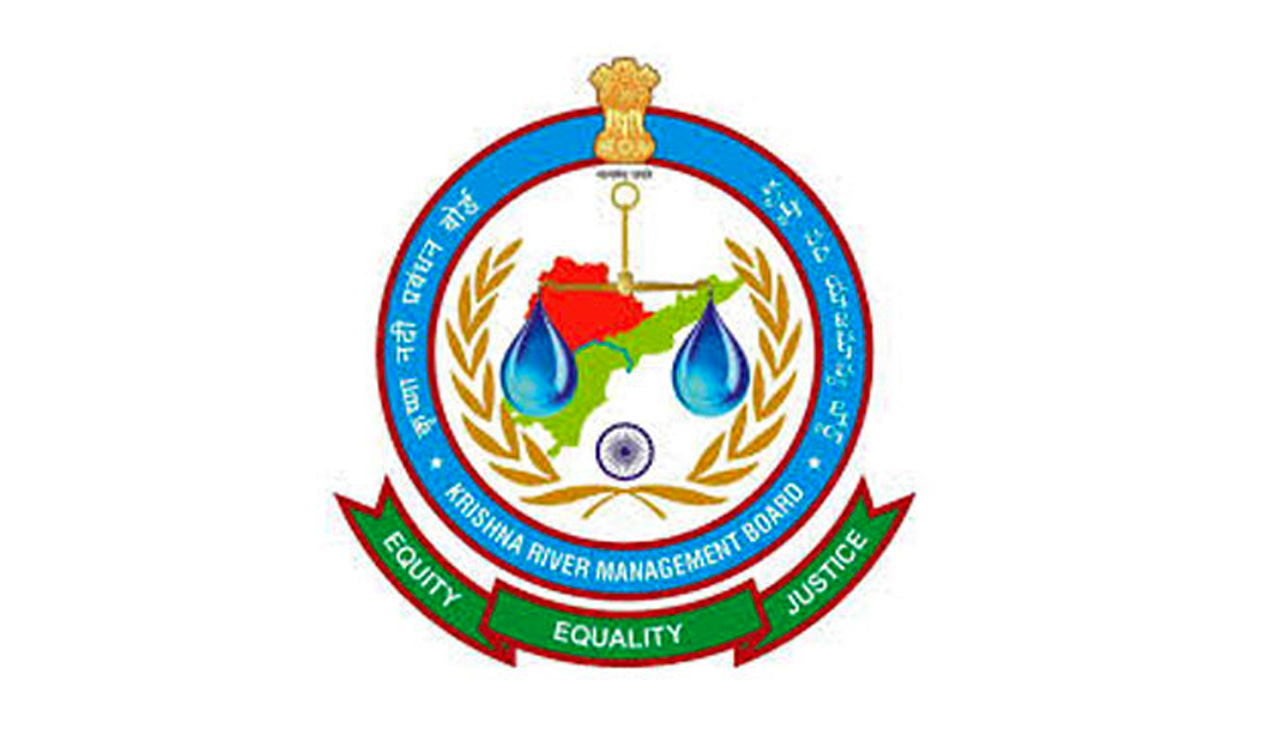Both Krishna and Godavari Rivers face this peculiar situation to be managed by the respective River management boards. However, this problem is acute in case of Krishna River as one flank each of Srisailam and Nagarjuna Sagar projects fall in each state.
Updated On – 8 February 2024, 04:10 PM

Krishna River Management Board
By Shailendra Joshi (Retd IAS)
Handing over Management of water sector projects including other associated structures on Krishna river to the Krishna River Management Board (KRMB) has resurfaced as a hot topic these days in Telangana.
It may be recalled that in accordance with the provisions of the Andhra Pradesh State Reorganisation Act 2014, the Government of India had notified (SO 2042 E dated July 15, 2021) the jurisdiction of KRMB. Almost all – important interstate projects on Krishna river falling in Andhra Pradesh and Telangana are to be managed by the KRMB. A similar mechanism is also in place for Godavari River.
Both Krishna and Godavari Rivers face this peculiar situation to be managed by the respective River management boards. However, this problem is acute in case of Krishna River as one flank each of Srisailam and Nagarjuna Sagar projects fall in each state.
Apart from this, there are several other intricate issues (such as working of Pothireddy Padu regulator, ongoing and new lift irrigation schemes, and power generation from these projects) in case of Krishna River that further complicate the situation. We will, therefore, for the time being focus on Krishna projects. However sooner than later, Godavari projects will also need attention.
After issue of gazette notification, Andhra Pradesh had agreed to handover such projects to KRMB but Telangana has refused, inter alia, citing pending river water allocation between the two states.
What are the issues and their implications to hand over the notified projects to KRMB?
The Genesis of the problem could be traced back to historic reasons including, lack of a complete list of the projects, strict provisions for taking up new projects, and uncertainty about completion of ongoing projects by either state in the relevant provisions in the Andhra Pradesh state reorganisation act, 2014.
The Act also overlooked proper sequencing of actions especially, delineating the share between Andhra Pradesh and Telangana. The proposed institutional structure of the boards is inadequate and needs further strengthening to cope up with the quantum of work.
As there were several constraints at the time of drafting and passing the Bill in 2014, such short comings were inevitable. The matter of concern is lack of follow up action subsequently on various contentious issues in consultation with all stakeholders. It is also a fact that the time and again, efforts had been made by organizing two meetings of the Apex Committee making some progress but the core issues remained unresolved.
As far as, sharing of river Waters between the states of Telangana and Andhra Pradesh, an amicable solution can, through constructive and sustained dialogues, still be found within the ambit of the Act.
It is high time for different parties to take a united stand safeguarding interests of their states. In order to protect riparian rights and retaining operational flexibility for both states, it is important to have a clear-cut consensus and if possible, a long-term agreement, across the board.
Society will be greatly benefited by having a road map to take an appropriate stand based on relevant facts. Sagacity of concerned stakeholders demands a broad-based discussion generating more light than heat to safeguard interests of the states in sharing of Krishna waters.
In order to prevent any issue to snow ball into a water dispute, first step is to delineate the share of Water between the two states. Unfortunately, this was ignored and it took almost nine years for the Ministry of Jalshakti to refer this matter to a Tribunal. Urgency of matter needs to be emphasised to the Tribunal for adjudication in a time bound manner.
Proper allocation has to be made for normal, surplus and deficit years and a robust mechanism has to be in place to enforce utilisation of water as per the Allocated share by each riparian state. Ad hoc sharing of water based on predicted availability and other factors could only be a temporary arrangement. The functioning of river management boards during past ten years have not instilled enough confidence in the partner states to arrive at an optimum solution.
In nutshell, a serious consultation within the state and between the states is required to resolve sharing of inter state River waters and management of interstate projects.


